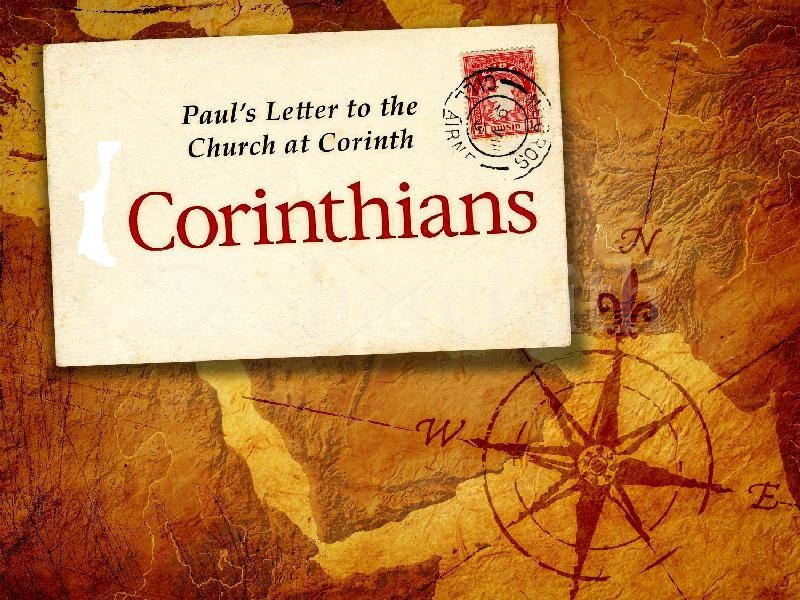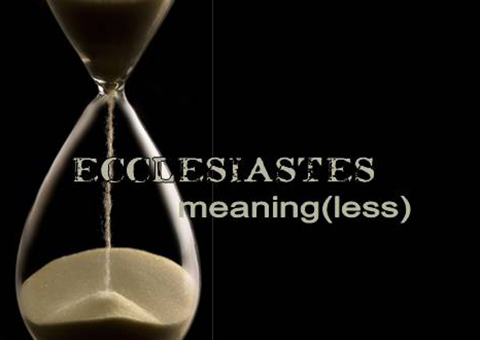 At this time in history, it appears that man is most in touch with his individuality and subjectivity. Contact with the higher world was sought not through abstract reason, but rather through feeling and the movements of the heart.
At this time in history, it appears that man is most in touch with his individuality and subjectivity. Contact with the higher world was sought not through abstract reason, but rather through feeling and the movements of the heart.
Immanuel Kant (1724-1804) led the way for this new apologetic. In his Critique of Pure Reason (1781) he understood that: Reason is nothing but a calculating machine with the ability to organize data of sense experience. It nevertheless is not able to rise above the empirical, nor able to deal realistically with the divine.
In his Critique of Practical Reason (1788) Kant saw it necessary for moral obligation to postulate the existence of God, freedom, and immortality. He made room for faith in a new sense where belief rests not simply on external authority but also on personal motives. This is subjectively compelling but objectively insufficient.
In his Opus Postumum Kant identified the voice of conscience very closely with the divine presence within man. In his Religion within the Bounds of Reason Alone (1793), Kant gave a secure philosophical status to several fundamental Christian doctrines, even though he severely criticized the notion of historical revelation.
PROTESTANTISM: GERMANY 1800-50 [Pp.159-164]
Friedrich D. E. Schleiermacher (A.D. 1768-1834) was raised among the Moravian brethren, he retained a strong pietistic leaning. For him the thoughts of antiquity concerning religion are a hindrance to epistemological progress which led him to re-define all key concepts of religion (e.g., miracle, revelation, prophesy, God, etc.), revising Christianity to his tastes so that it would be palatable to his times.
In his The Christian Faith, he attacks arguments from miracle and prophecy and held that these signs are not probative (i.e., having the quality or function of proving or demonstrating something) in order to bring conviction for the non-believer. To be Modern, Schleiermacher held that dogma must be reinterpreted. Hence, to fit into his sitz em leben, he reconstructed a new epistemology, thus redemption by Jesus of Nazareth cannot be verified outside of faith which is purely subjective. Thus, there’s no room for an objective body of knowledge.
In his Brief Outline on the Study of Theology, Schleiermacher sets forth a new apologetic where he states that biblical, historical, and practical theology should be prefaced with a new discipline—philosophical theology—which is both apologetical and polemical. Where apologetics seeks to generally view Christianity in relation to its communities, polemics seeks to detect and correct any deviations within the Christian community.
Karl Heinrich Sack (A.D. 1789-1875) was a disciple of Schleiermacher who wrote Christian Apologetics. In it, he seeks to do his apologetics as a rational grounding for the Christian faith based on demonstrable divine facts. He demonstrates that God’s self-revelation finds its zenith in Jesus Christ by using OT texts.
Georg W. F. Hegel (A.D. 1770-1831) sought to make his philosophy a rational appropriation of the Christian patrimony. He sought to show how the principal Christian dogmas (Trinity, Incarnation, Redemption, etc.) were a symbolic projection of rational truths set forth in his evolving pantheistic system.
David Friedrich Strauss (A.D. 1808-74) reinterpreted Christian theology by subordinating traditional orthodoxy to the new evolutionary philosophy. In his book Life of Jesus, he maintained that the finite and the infinite are realized in the whole of humanity, not in one individual (Jesus Christ). The Christ of the NT was mythical, not actual. This work devotes its energies to showing the historical unreliability of the Gospel stories. The positive results from the writings of Strauss are that he helped NT scholarship hone their skills at historically verifying the NT.
PROTESTANTISM IN DENMARK: 1800-50 [Pp.165-168]
Søren Kierkegaard (A.D. 1813-55) is seen by some as the greatest eristic (one given to argumentation) thinker of the Christian faith within Protestantism. He viewed rational proofs to be out of place for theology, because faith does not need them. He was fideistic at the core. For him, to defend something is to discredit it. Moreover, he rejected all demonstrations of the divinity of Christ, which he sees as the central fact of the Christian faith and insisted that there can be no access to faith through objective rational thinking. An apologetic of sorts can be made from the apparent absurdity of faith (i.e., Incarnation of Christ where the infinite One became finite,) which is itself a miracle.
In his Sickness unto Death, he affirms that sin is despair before God, that despair is failure to have faith, but it’s also the first step to faith grounded in man’s pursuit of God. Thus for Kierkegaard, Faith is ultimately irrational at the core, but simultaneously he is giving an apologetic for his view.
PROTESTANTISM IN GREAT BRITAIN: 1800-50 [Pp.168-171]
Samuel Taylor Coleridge (A.D. 1772-1834) in his Aids to Reflection, he castigates the evidential school for forgetting that Christianity is not just theoretical but spiritual and living. Coleridge saw faith as preceding understanding like Augustine.
Frederick Denison Maurice (A.D. 1805-72) in his What Is Revelation, Maurice maintained that documents could never lead to any religiously satisfying results. In faith, one knows God, as He existentially imparts Himself to man, which for the believer said communion is proof.
Thomas Chalmers (A.D. 1780-1847) a Scottish preacher wrote The Evidence and Authority of the Christian Revelation. In it he makes his demonstration mainly on miracles, prophecies, and the historical reliability of the NT. Chalmers held that for the Biblically and morally oriented person, Christianity’s truths are evident.
Thomas Erskine (A.D. 1788-1870) wrote Remarks on the Internal Evidence for the Truth of Revealed Religion (1820) and stresses the moral influence of the gospel and avoids the usual arguments from miracles, prophecy, and eyewitness testimony. He had a strong appeal to natural religion but philosophically and empirically was anemic.




 This is one of Schaeffers’ most powerful books. In No Little People he focuses on the significance of the smallest details both in the life of God’s servants and the places in which they find themselves. According to the Bible says Schaeffer, “With God there are no little people” (pg.5). He then considers how significant a simple stick of wood was to become in Moses hands as a source of judgment—plagues, deliverance—Red Sea, and supply—water from the rock. This stick, something “insignificant” became the rod of God. As this rod became God’s, so to must the believer. Essentially there are no little people, only those that are and are not consecrated to God. That’s sobering! At the end of the day we as believers must follow Christ’ humble approach of service, nothing else. In fact, humility is not an option for honoring Jesus, but a requisite.
This is one of Schaeffers’ most powerful books. In No Little People he focuses on the significance of the smallest details both in the life of God’s servants and the places in which they find themselves. According to the Bible says Schaeffer, “With God there are no little people” (pg.5). He then considers how significant a simple stick of wood was to become in Moses hands as a source of judgment—plagues, deliverance—Red Sea, and supply—water from the rock. This stick, something “insignificant” became the rod of God. As this rod became God’s, so to must the believer. Essentially there are no little people, only those that are and are not consecrated to God. That’s sobering! At the end of the day we as believers must follow Christ’ humble approach of service, nothing else. In fact, humility is not an option for honoring Jesus, but a requisite.

